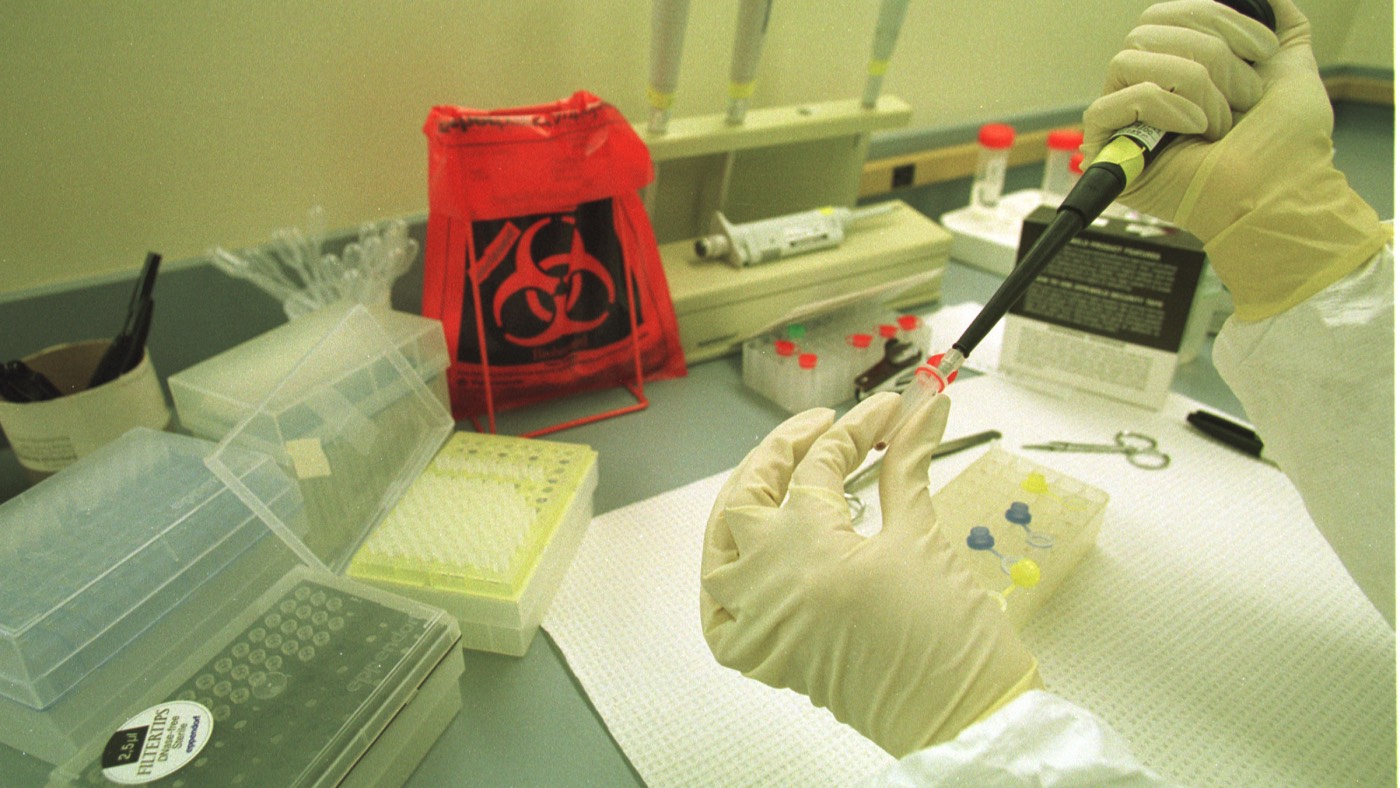Gene mutation means Scottish woman feels no pain
Scientists hope discovery can lead to new treatments for chronic pain

A free daily email with the biggest news stories of the day – and the best features from TheWeek.com
You are now subscribed
Your newsletter sign-up was successful
Scientists have identified a new mutation in a woman who is unable to feel pain or fear.
Jo Cameron, 71, baffled doctors after she had major operations on her thumbs and hip and recovered easily without experiencing the excruciating pain patients normally suffer.
When she broke her arm as an eight-year-old she didn’t tell anyone for days. As an adult, she gave birth to both her children without resorting to drugs and declines offers of anaesthetic during dental work.
The Week
Escape your echo chamber. Get the facts behind the news, plus analysis from multiple perspectives.

Sign up for The Week's Free Newsletters
From our morning news briefing to a weekly Good News Newsletter, get the best of The Week delivered directly to your inbox.
From our morning news briefing to a weekly Good News Newsletter, get the best of The Week delivered directly to your inbox.
She also never panics – even in highly stressful situations. When a van driver ran her off the road, leaving her upside down in a ditch, she climbed out of her car, and went to comfort the shaking young driver. In stress and depression tests she has scored zero.
A consultant who was overseeing her care at Raigmore hospital in Inverness after an operation referred her to pain specialists at UCL in London. There, scientists found she has a mutation in a previously unknown gene that they believe plays a major role in pain signalling, mood and memory.
They have named the gene FAAH-OUT and hope that the discovery will lead to new treatments for chronic pain which affects millions of people globally.
“I knew that I was happy-go-lucky, but it didn’t dawn on me that I was different,” Cameron said. She explained that she has previously burned her skin on her Aga but only realised because of the odour. “I’m vegan, so the smell is pretty obvious,” she said. “There’s no other burning flesh going on in the house.”
A free daily email with the biggest news stories of the day – and the best features from TheWeek.com
James Cox, a researcher on the study, said of Cameron: “There’s an awful lot we can learn from her. Once we understand how the new gene works, we can think about gene therapies that mimic the effects we see in her. There are millions of people living in pain and we definitely need new analgesics.”